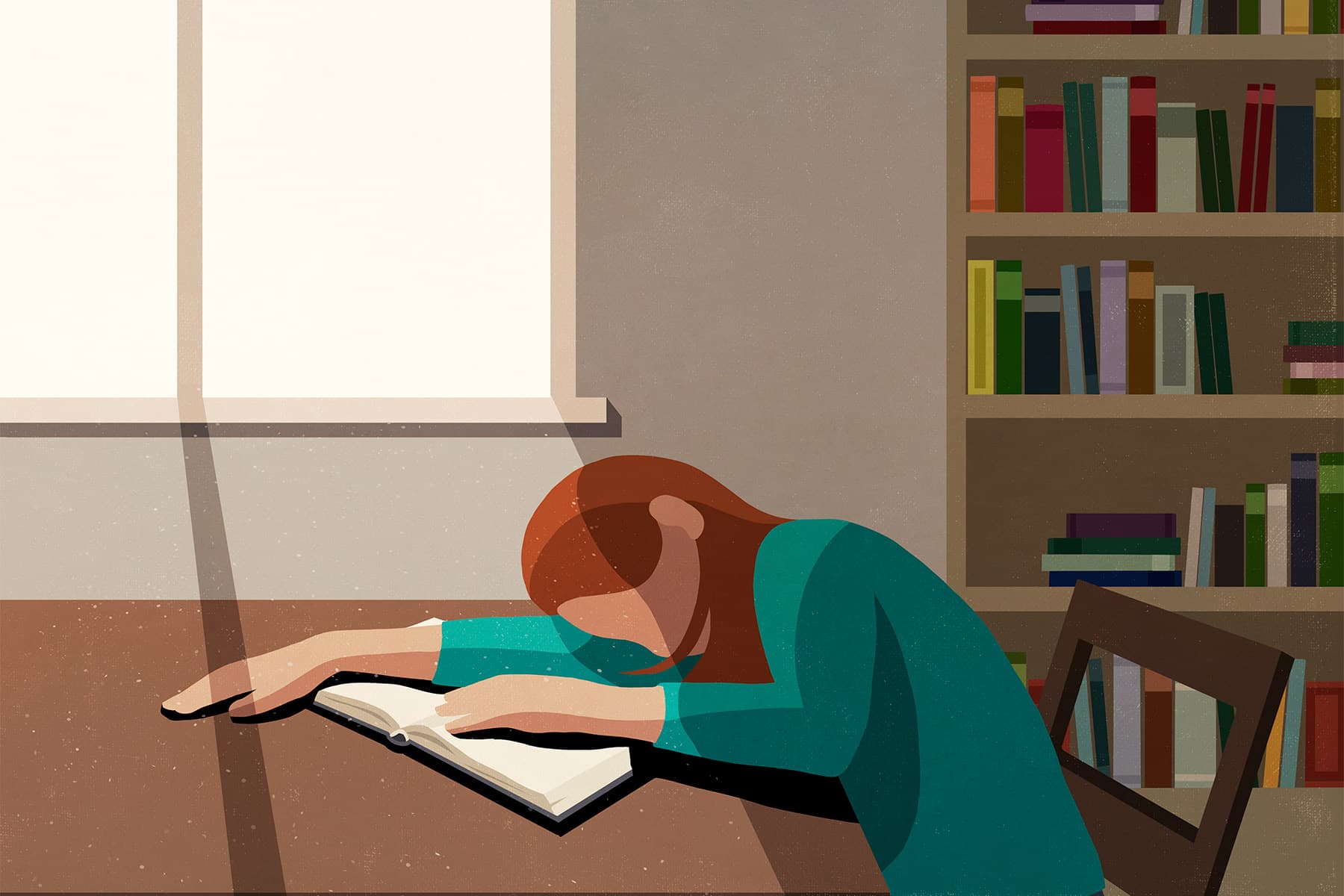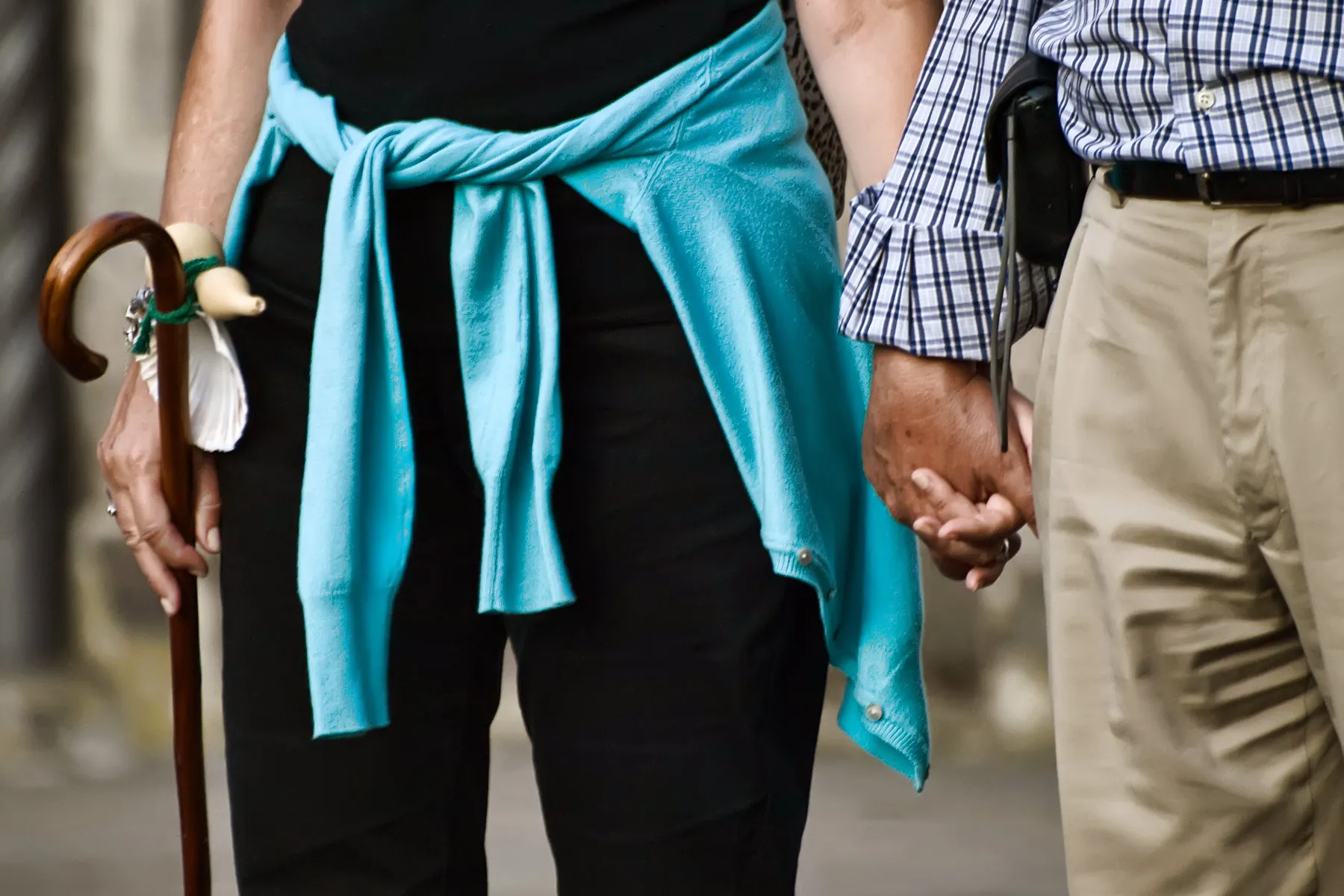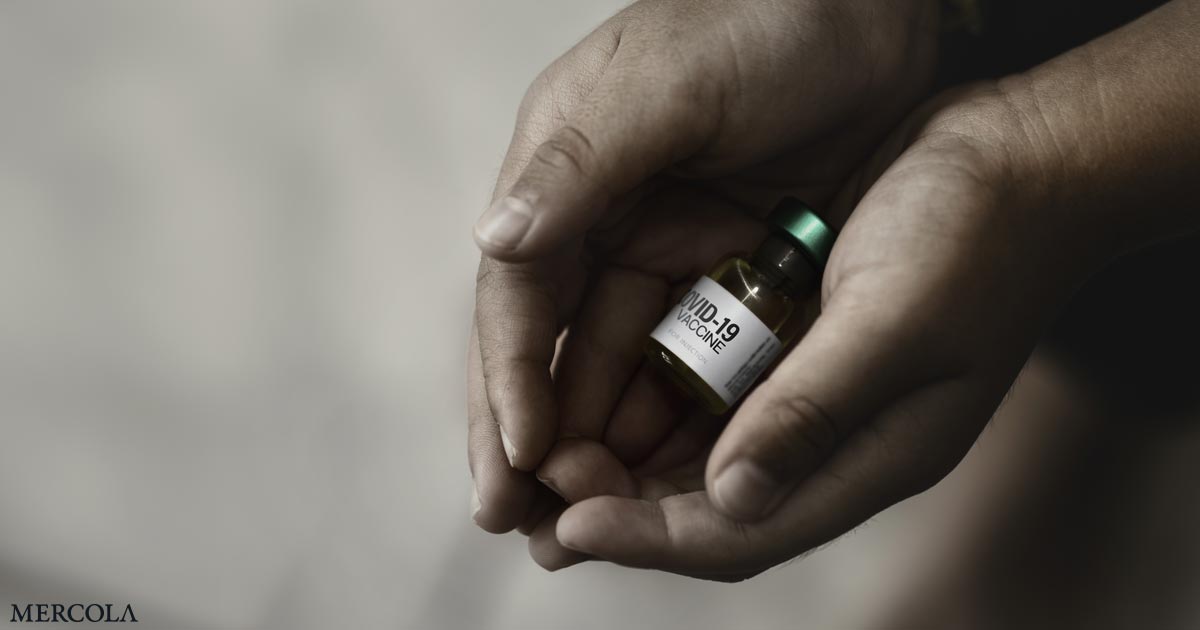
[ad_1]
Nov. 28, 2022 – The COVID-19 pandemic was onerous on everybody, particularly in the course of the early months of the lockdown. However school college students had significantly excessive stress ranges, with psychological well being results which have remained in some individuals even 2 years later.
Throughout spring semester of 2020, many school college students needed to go house and stay with their households – “which was an enormous adjustment after being extra autonomous – take care of distant instruction, determine plans comparable to summer time internships, fear about their well being and the well being of others,” all at a essential time when teenagers and younger adults are “gaining independence, growing a central identification, and determining the place they match into the world,” says Jordan Booker, PhD, an assistant professor of psychological sciences on the College of Missouri.
Olivia McKenzie is an instance. Now 23 and dealing as a paralegal in New York Metropolis, she was a sophomore on the College of Michigan when the pandemic struck.
“We had been despatched house due to COVID, and I did my lessons and coursework on-line,” she says. “Faculty was superior for me as a result of I like being round buddies and within the firm of many individuals, so being at house and away from my buddies wasn’t good for me or for my psychological well being.”
McKenzie feels “fortunate” as a result of her dad and mom acknowledged her wants and supported her return to Ann Arbor, the place she shared a dwelling area with a couple of different college students and continued on-line lessons from there.
Booker and his colleagues needed to know how school college students had been coming to phrases with shutdowns and quarantines.
He was a part of a group effort, together with researchers from personal and public universities across the U.S. with experience in finding out how individuals use life tales to arrange and make sense of their lives. The group got here collectively in a short time as faculties had been shutting down throughout spring semester, Booker says. “We needed to see the implications of the shutdown and the way these college students had been making sense of how COVID was impacting their lives early on.”
Completely different Types for Completely different People
Over 600 first-year school college students had been requested to put in writing in regards to the influence of the pandemic on them in response to a computerized questionnaire with narrative prompts.
The researchers anticipated the disaster to be quick. However because the pandemic continued, it grew to become clear that, in contrast to shorter occasions (like pure disasters), the pandemic by no means had a “clear break,” signaling its finish. So the researchers adopted these college students for a 12 months to see if they may detect themes of their narratives which may predict their adjustment to the problems posed by COVID-19 and the return to campus.
The scholars additionally stuffed out questionnaires about their psychological adjustment, sense of belonging, well-being, identification growth, and psychological well being issues.
“There are totally different ways in which of us come to phrases with their experiences and discuss in regards to the influence on their lives,” Booker observes. “Storytelling, in and of itself, is a widespread human exercise. We use it on a regular basis to share insights and make sense, day-to-day.”
However how individuals inform their tales differs, based mostly on their personalities, cultural norms, and social requirements.
“For instance, some individuals present extra construction, group, and element; some individuals deal with main targets, comparable to private success and connecting with others; and a few convey in additional integration and private progress,” he says.
Private Progress
“We discovered that how the younger individuals tended to emphasise private success and deal with [independent] values tended to be tied to comparatively fewer stories of COVID-related stressors,” Booker stories.
“One other large theme was the expression of non-public progress – ways in which college students had been speaking about and recognizing challenges from COVID-related experiences that truly modified their lives for the higher,” he says.
College students who recognized ways in which COVID-19 helped their private progress had fewer stories of COVID-related stresses, higher psychological well being within the second, and extra superior identification growth, he says.
These findings prolonged to the 1-year follow-up, “the place we continued to see useful insights and ways in which progress was tied to most areas of growth and adjustment.” The scholars “had been in a position to incorporate private reasoning, ways in which they may transfer ahead, even with lots of uncertainty on the earth, and we noticed preliminary and lasting constructive ties with different areas of growth and adjustment.”
McKenzie says the pandemic “compelled me to develop as a result of there have been all types of feelings I wasn’t used to coping with full-on once I was distracted by being with buddies or going to lessons.”
She’s discovered from the pandemic. “I believe there was rather a lot I took with no consideration as a substitute of feeling gratitude. Now, it’s manner simpler for me to look again and be grateful or intentional about how I spend my time, seeing individuals, or with the ability to go outdoor, which I couldn’t do in the course of the freezing winter in Michigan.”
One other long-term space of progress has been self-care. “The pandemic brought on me to be in tune with myself, maybe in additional methods than I’d be at this stage in my life if I hadn’t gone via that.”
She additionally has discovered to worth spending time alone and is extra “intentional” about whom she spends her time with.
However there have been downsides. “Anxiousness specifically is a lingering impact – unsureness about normal issues and being much more delicate to information and world occasions, since you by no means know what may occur subsequent,” she says. “I see this not solely with me, however with my friends as properly. There’s extra harsh actuality in our lives now, a way of unease in my technology. Nothing will ever be the identical.”
Sharing Tales
McKenzie didn’t instantly describe her perceptions of the pandemic in writing in the course of the lockdown, though she was a inventive writing scholar and taking two writing lessons. However “how the pandemic was influencing me as a human being received woven into my writing in different methods.”
She saved a journal and talked about frequent experiences with buddies. “I discovered a job in a restaurant, which felt like my saving grace in the course of the pandemic as a result of it was an excuse to depart the home,” she says. “For over a 12 months, we had been totally masked and restricted to outside seating, however nonetheless fairly busy. We exchanged lots of tales in that area.”
Sharing tales of frequent stressors and coping helped forge a “totally different sort of friendship” with fellow waitstaff and created a “sense of neighborhood and comradery throughout a time when atypical methods of communing with others had been discouraged.”






